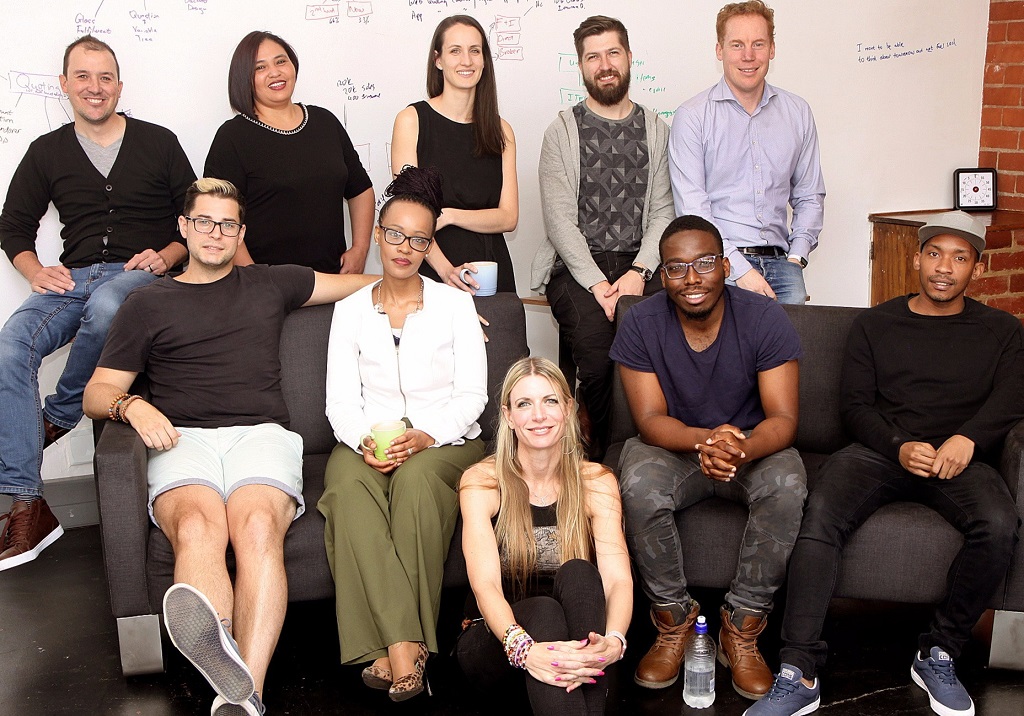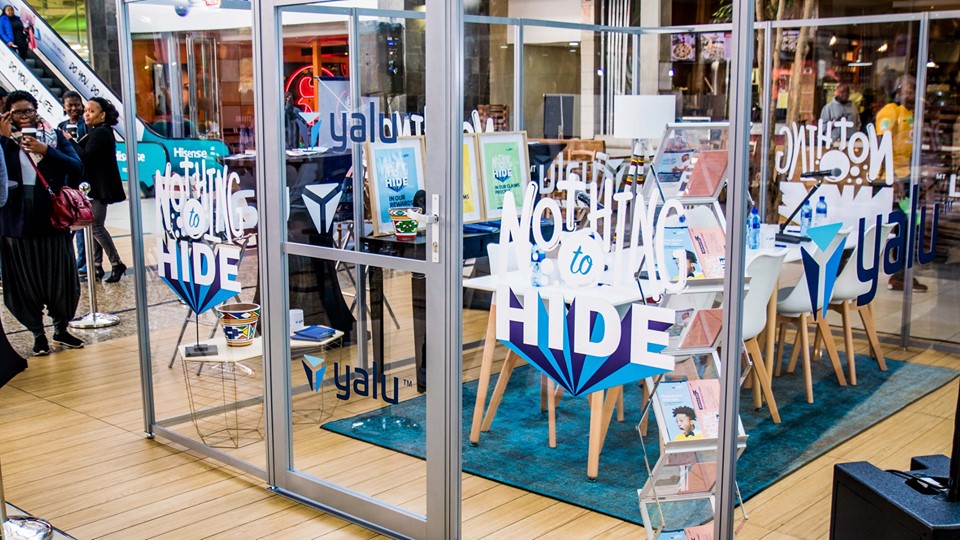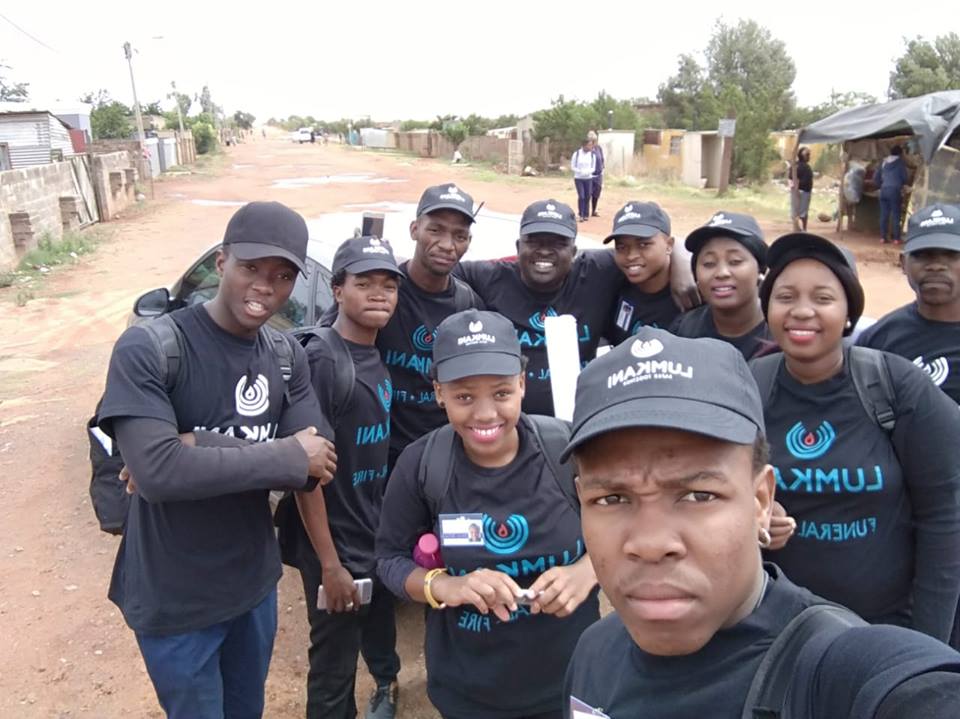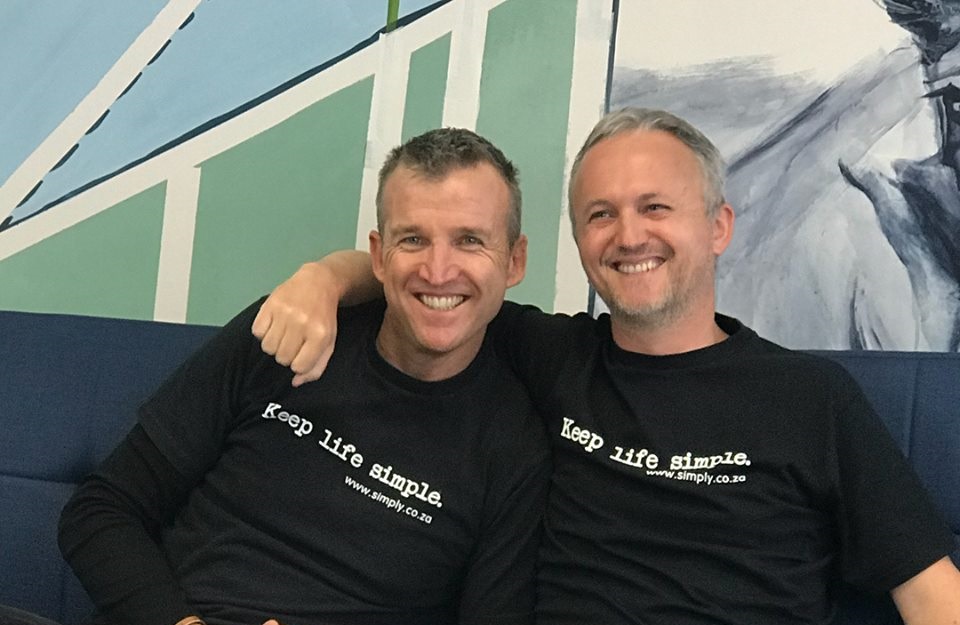The insurance industry in South Africa lags behind much of the developed world, but these six insurtech start-ups are disrupting it with new approaches
Insurance companies in South Africa are behind some of its contemporaries in more developed parts of the world in many ways, with high internet data costs and limited infrastructure standing in the way of innovation – but the country still has a thriving insurtech start-up scene.
A 2018 report by consultancy firm PwC into its insurance market suggests traditional insurance providers need to harness technology in order to stay on top as the industry moves into a future powered by machine learning, automation and cloud-based systems.
A raft of insurtech companies in South Africa exist to ease the burden of integrating new technology for these long-established players, and some are even using tech to bring to life new methods of insuring customers.
For incumbent firms, partnering with start-ups gives greater access to its millennial population, a market known globally as “digital natives” in the industry, and one insurers often struggle to access.
We take a look at six of these insurtechs to find out how they’re impacting the industry in South Africa.
Insurtech companies making a splash in South Africa
Ctrl

Before the world of digital insurance came about, customers had to make a phone call to purchase a policy – now covering almost anything can be achieved in a matter of minutes on a smartphone app.
Ctrl was founded by friends Pieter Venter, Pieter Erasmus and Francois Venter, and claims to make this process work better for policy-seekers by allowing them to request insurance based on their criteria from several of South Africa’s biggest firms.
The service works through an app that allows customers to request cover for their homes, vehicles, household contents, as well as precious items like laptops taken outside the home.
The start-up acts as a broker in the insurance process, taking a cut of the premiums paid to consumers through its platform, alongside handling claims as the first point of contact.
Ctrl received an undisclosed amount in funding from South African insurance giant Santam at the end of March this year and became a minority stakeholder in the start-up.
Naked

Motor insurance is renowned as one of the least profitable lines of insurance due to market saturation in most of the developed world.
But South Africa’s market isn’t quite as squeezed, with its main issue instead being the number of uninsured drivers on its roads, which the country’s Automobile Association (AA) puts at roughly 8.4 million, or around 70% of all drivers in the country.
Naked seeks to improve the proposition with its app that allows users to purchase insurance at lower rates than those offered by established members of the industry, with any left-over premium going to charitable causes of the user’s choice.
The start-up claims it can offer lower premiums because it uses an AI chatbot and computer vision technology, along with a photograph of the vehicle taken by the user, to provide a quote in 90 seconds – with the cover kicking in three minutes after it’s accepted.
Naked acts as a broker in the insurance process, taking 20% of all premiums paid to cover its expenses and contribute to its profit, with the other 80% going to the pool of premiums held by Hollard, its underwriting partner.
Pineapple

Saving customers money appears to be very much in vogue as a strategy for insurtech start-ups, who can cut the cost of insurance by replacing traditionally-used advice agents with machine learning processes and AI-driven chatbots.
South African start-up Pineapple took the idea and ran with it by creating a new way of providing insurance, involving the items a customer wishes to cover, a smartphone camera and some clever AI.
The firm, which was founded by Matthew Elan Smith, Ndabenhle Junior Ngulube and Marnus van Heerden, allows users to snap a picture of anything they wish to cover that isn’t a person, house or vehicle, with the exception of drones.
Part of the Pineapple business model involves returning any unspent premium to policyholders after it takes a cut to cover costs, meaning underwriting partners are forced to accept a lower profit margin than they’re used to.
With 80% of the start-up’s customers being millennials, though, the hit might be worth it to gain access to the coveted market.
Yalu

In South Africa, it’s mandatory that individuals taking out a loan acquire credit life insurance – a policy that covers their debt for their family in the event they die, or pays out if they become disabled or redundant from work.
Despite a change in the law bringing this market under greater scrutiny, insurtech start-up Yalu claims many people will accept them from the same institution they take out a credit card or other loan with.
Yalu was co-founded by Tlalane Ntuli and Nkazi Sokhulu to offer an alternative route to customers by allowing them to consolidate their loans and pay a single premium, rather than paying a cost for each debt item, which they say is usually the case.
The premiums paid to Yalu reduce along with the reduction of debt, something it says is not common to standard credit insurance policies.
The insurtech start-up is backed by Old Mutual, one of South Africa’s biggest incumbent insurance companies.
Lumkani

South Africa has come a long way since the apartheid era, but the country still features “shanty towns” in some of its poorest areas, where houses are made of anything that its residents can get their hands on.
Fire damage is an ever-present threat to these informal settlements, and with traditional insurance policies excluding them from the market, insurtech start-up Lumkani has sought to provide them with protection in two ways.
Its fire detection device is designed to trigger from a rise in temperature rather than the detection of smoke, and sends a message to neighbours to alert them if there is a fire.
The start-up also offers insurance to help communities rebuild after a fire.
Lumkani evolved out of engineering student Francois Petousis’s university project and was co-founded by Samuel Ginsberg, Paul Mesarcik, Emily Vining, Max Basler and David Gluckman.
Lumkani’s device was deployed in 2014, and in the following 18 months the start-up collected enough evidence to prove that it could reduce the spread of fires in 73% of cases.
Since 2016, the start-up has provided the poorest South Africans with a hardware-enabled, low-cost insurance product underwritten by partner Hollard.
Simply

Buying life insurance is one of those necessities people don’t want to dwell on for long, but with a mixed picture of customer satisfaction in South Africa’s market, the sector is due a shake-up.
In 2017, the South African Customer Satisfaction Index, compiled by market researcher Consulta, showed that just one company in the life insurance market had a score above 80 out of 100, with some given scores in the low 70s.
Insurtech start-up Simply was formed in 2015 by engineer and entrepreneur Anthony Miller and two life insurance actuaries, Simon Nicholson, and Shaun Dippnall – who returned to the world of insurance after a stint running an education technology business.
The co-founders started the company to make life insurance an easier, less time-intensive and convoluted process by ensuring it is completely digital, with a few select questions for customers replacing arduous health-check processes.
As well as offering individual life insurance products, Simply provides businesses with group cover for their employees, allowing them to insure the lives of every member of staff in an organisation digitally, without the need to meet with a broker to discuss terms.
Options for cover include life, disability and family funerals, with payout limits at two million South African Rand (£22,700).
The start-up also formed a partnership with SweepSouth, a tech firm with a platform for South Africa’s cleaners to find work, to provide its users with accidental death and disability cover.
